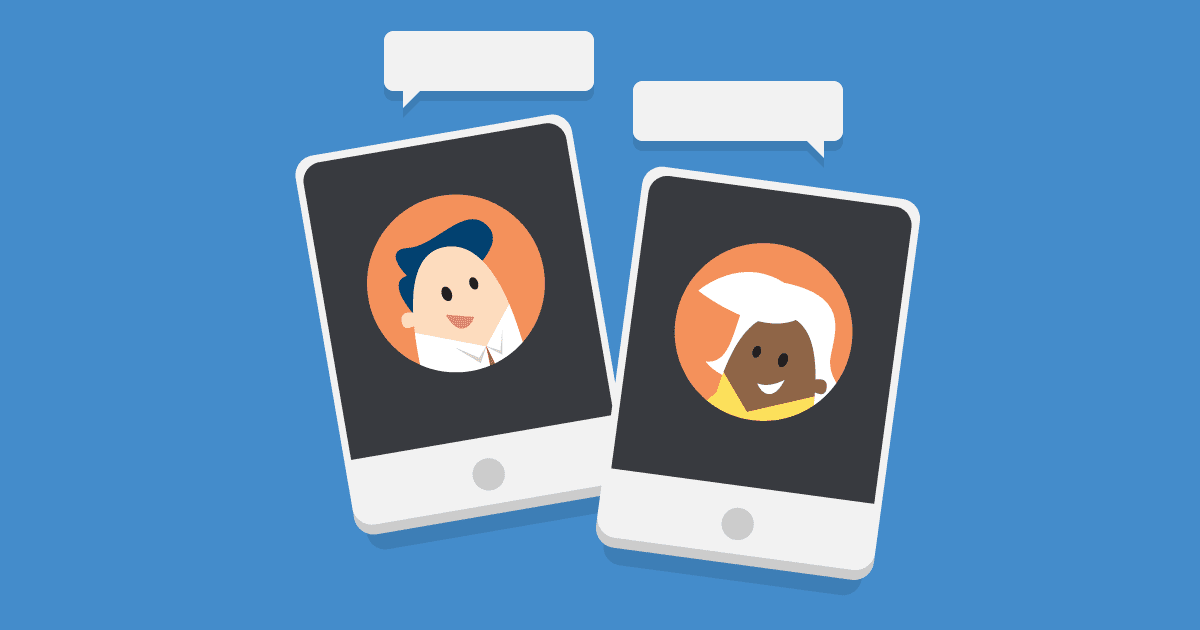Telephone interviews are important, so this blog has telephone interview questions for software testing, and some guidelines to help you ace the interview.
Telephone interviews are often used by organizations as initial contact with candidates. This method helps to narrow down the pool of contenders so a more manageable number can be invited to interview. There are several advantages to conducting telephone interviews, which include cutting out the expense of running a large number of in-person interviews, and making it easier for employers to efficiently select the best candidates for their needs.

What To Expect
It is good advice to take the telephone interview as seriously as you would a face-to-face one, because if things go poorly, you will be unlikely to be invited to an onsite interview. Always prepare in advance for the call, because issues such as background noise, a lack of knowledge about the organization, and not being able to respond to the questions, can negatively impact your chances of a successful outcome. In this article, we will discuss some of the important telephone interview questions for software testing jobs, and offer some guidelines.
1. Introducing Yourself
Often, the first questions will be about you, where you are working at the moment and how much total working experience you have. You should plan to start the interview smoothly, which will help set the direction for the interview. You will have the opportunity to discuss your roles, responsibilities and any particular qualities that you think can add value to the job.
The questions they will ask:
- Tell me about yourself.
- Can you tell me something about yourself?
2. Methodology
The next questions the interviewer will ask will be related to the software development process you currently work in. You should be able to discuss which testing method they use, and whether it is agile or any other traditional model. The interviewer wants to get an idea of how knowledgeable you are in the methodologies. They might break down the questions further, to try to assess your knowledge and understanding. Try to be precise and brief in answering those questions.
The questions they will ask:
- Which software development and testing methodology are you working in?
- How is agile methodology different from traditional processes?
- What kind of projects are suitable for agile and waterfall methodologies?
- What do you understand by Agile Testing?
3. Tools and Technologies
This section plays an important part in both telephone and on-site interviews. To answer the questions in this category, you need to mention the tools that you have used and are familiar with. Keep in mind that the questions about tools are not necessarily always related to automation tools, because manual testing tools are also available. The interviewer hopes to get an idea of how capable you are with those tools. You do not need to discuss the technical details, rather just a brief explanation will suffice.
The questions they will ask:
- What kind of tools have you used in your testing?
- Which manual testing tool have you worked with?
- Which automation testing tool are you familiar with?
- If you are working in a manual environment, but you wanted to initiate automation, what steps would you take?
- What things can you automate?
4. Types of Testing
Questions in this category concern the candidate’s basic understanding. The interviewer will ask about the basic types of software testing that are normal part of your day to day testing activities in the organization. The tester should answer briefly with valid information.
The questions they will ask:
- What is the difference between smoke testing and sanity testing?
- What do you understand by exploratory testing?
- What is the difference between functional and non-functional testing?
- Have you ever done API testing, and what do you know about API testing?
Guidelines for During the Interview
- While taking the phone interview call, make sure that you have selected a place where you will not be discturbed or distracted.
- Be sure to speak clearly. Talk naturally and answer questions properly.
- Do not interrupt the interviewer, listen to the question first. If you are unable to understand the question, politely ask the interviewer to repeat.
- Your answers should be brief and to the point. Do not drag the conversation. The interviewer may ask to know about your projects in detail, so recollect your experiences and provide only factual information.
Conclusion
If you are applying for a new position in software testing, you are likely to be facing a telephone interview as the first step because they are becoming more common nowadays. As explained above, this method is comparatively economical and effective as a way that candidates can be easily assessed based on their communication skills and knowledge about the position they are applying for. In this article, we have highlighted some of the important questions that are likely to be asked during a software tester’s telephone interview, with guidelines that can help you to succeed and progress to the next stage.
